By Ogova Ondego
Published October 17, 2016
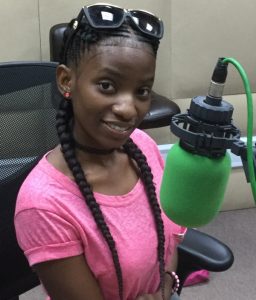 A music genre that sprang up in the Tanzanian metropolis of Dar es Salaam some 20-25 years ago, continues to capture the imagination of the world with its airing on BBC World Service.
A music genre that sprang up in the Tanzanian metropolis of Dar es Salaam some 20-25 years ago, continues to capture the imagination of the world with its airing on BBC World Service.
Ladies and gentlemen, please allow me to declare that I am an ‘interested party’; that I ‘love’ Bongo Flava that is also variously referred to as Mziki wa kizazi kipya (music for the next generation), Mziki wa kufoka (Suffocation music) or Mziki wa fujo (Chaotic music).
RELATED:Bongo Flava Artists Embrace Music Streaming
British Broadcasting Corporation (BBC)’s monthly programme, Global Beats, has in mid October given prominence to this music style that is brewed in the ‘Haven of Peace’ by and with the young generation for the world.
Presenter Salim Kikeke, a Tanzanian national who, like me, appears to be fascinated by this ‘fresh’ sound that is attracting attention in France, Germany, USA, Nigeria, South Africa and Kenya, takes a journey into the emergence and evolution of Mziki wa kizazi kipya. Kikeke traces the music incorporating hip hop, Hindi film sounds, taraab, mziki wa dansi, dancehall beats and traditional African rhythms into Bongo Flava.
RELATED:The Rise and Rise of Tanzanian Bongo Flava Music
Kikeke talks to pioneers of the Bongo Flava genre–artists and producers, as well as up-and-coming performers–but no broadcasters or promoters!–as he plays rhythmical music to illustrate the points under discussion.
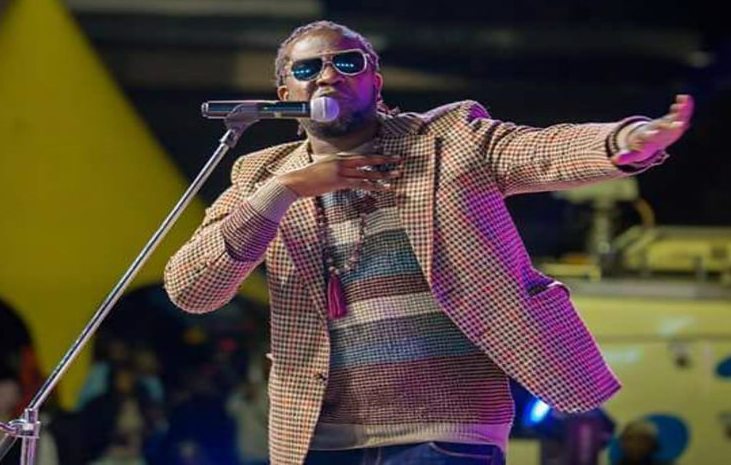
Insights from artists like Dully Sykes, Fid Q and Professor Jay, producer P Funk rising stars of Bongo Flava such as Clara Pink and Vanessa Mdee make the programme quite informative, educative and entertaining.
But the programme is much more than just the music that combines rap, hip-hop, R & B, taarab, Hindi film music and traditional Tanzanian beats. Without belabouring the point, Kikeke talks about the Cold War forced on the world by United States of America (the West) and the former Union of Soviet Socialist Republics (the East) and Tanzania’s Ujamaa Socialist policies and their effect on the rise of Bongo Flava.
RELATED:Kenya Seeks Strategy for Preserving and Popularising Traditional Folk Music
Focusing on the growth of Bongo Flava, Kikeke steers clear of controversies, let alone following rabbit trails, in his 50-minute programme.
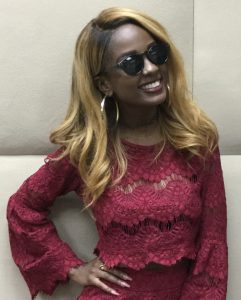 Granted, Kikeke talks about the end of the Cold War in 1989. Granted, he plays some music. But Kikeke doesn’t tackle pluralism of thought, self expression, digital technology and the decline of the influence of Kenya’s Nairobi as the centre of the music business in East and Central Africa.
Granted, Kikeke talks about the end of the Cold War in 1989. Granted, he plays some music. But Kikeke doesn’t tackle pluralism of thought, self expression, digital technology and the decline of the influence of Kenya’s Nairobi as the centre of the music business in East and Central Africa.
One may also fault Kikeke for referring to Bongo Flava merely as ‘Tanzanian hip-hop’; it is much more than this.
Oh, why does Kikeke whose rich baritone enriches the programme not feature the current face of Bongo Flava—the likes of Diamond Platinumz and Ali Kiba—In the programme? He also does not mention the collaboration of Nigerian, South African and Kenyan musicians with the likes of Diamond Platinumz. Also glossed over is the issue of Kenyan gospel musicians—Willy Paul, Bahati and Gloria Muliro—who have adopted Bongo Flava as their own style.
RELATED: Uganda’s Live Band Music Scene on Steady Growth
Would you have liked Salim Kikeke to have mentioned that Dar es Salaam–built in 1865 by Sultan Majid bin Said of Oman whose headquarters had moved to Zanzibar–is a melting pot of Arabic, Indian, African and European influences that have also influenced Bongo Flava? Would you have wished that Kikeke explained why Dar is referred to as ‘Bongo’ or a place that a non-enterprising person can’t live in? ‘Abode of peace’? ˜Home of peace’? But how can a haven of peace also put pressure on inhabitants to either be industrious or ship out? A contradiction? Maybe.
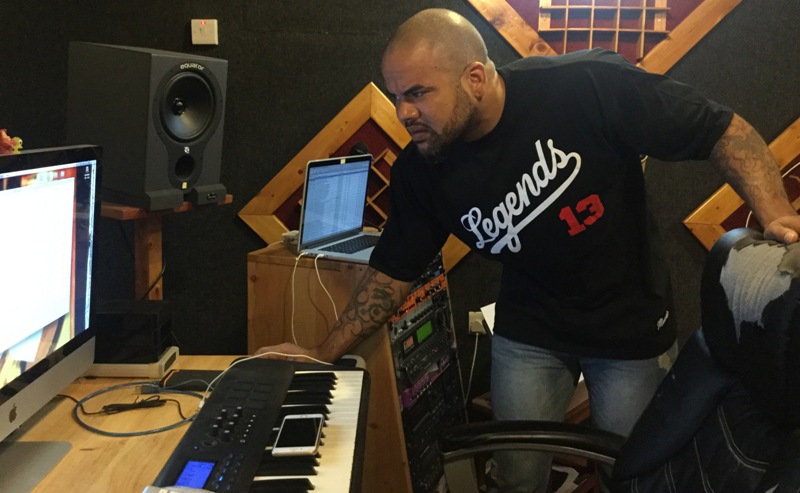
But, no; this article isn’t just about criticising what the programme doesn’t cover.
Folks, did you know that Bongo Radio, the self-proclaimed ‘best internet station for Bongo Flava’, is based not in Dar but in Chicago, Illinois, USA?
Did you also know this programme on the multimedia BBC that broadcasts via radio, television and online, is likely to be received by more than the 348 million weekly listeners around the world?
RELATED:Copying Undermines Kenya’s Music Creativity
 This is exciting news. Coming hot on the heels of the news that Bongo Flava artists are embracing music streaming via a platform provided by Tigo Tanzania that says that music streaming is not only growing rapidly globally but that it is also the second most popular mobile phone feature in sub-Saharan Africa.
This is exciting news. Coming hot on the heels of the news that Bongo Flava artists are embracing music streaming via a platform provided by Tigo Tanzania that says that music streaming is not only growing rapidly globally but that it is also the second most popular mobile phone feature in sub-Saharan Africa.
Consequently, the telecom says it has introduced its Tigo Music Platform to market the work of Tanzanian musicians locally and abroad.
RELATED:South Africa’s Top Afro-Pop Music Group Artist Goes Solo, Releases Eclectic Album
Tigo has partnered with Deezer, a France-based international music streamer to provide Tanzanians with the service it calls ‘unlimited music experience that offers access to about 36 million music tracks worldwide.’
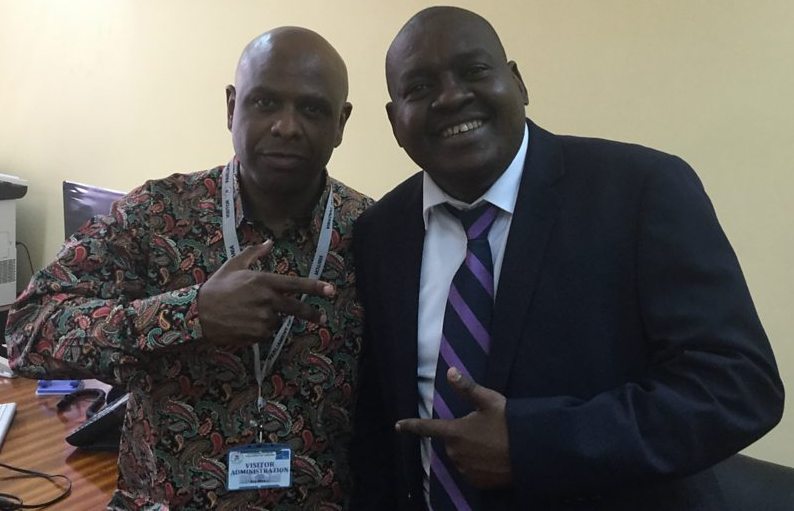
The BBC Global Beats programme on Tanzanian Bongo Flava was first put on air on October 15, 2016 and repeated the following day. It can be heard online. Come on. Have a listen. I just wish it played much more music. Don’t you agree?





